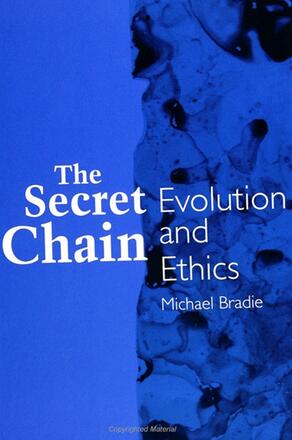
The Secret Chain
Evolution and Ethics
Alternative formats available from:
Michael Bradie is Professor of Philosophy at Bowling Green State University.
Reviews
"Bradie's is the first book to specifically focus upon the relationship between evolutionary ethics and evolutionary epistemology. The literature is filled with controversy largely due to scholars pulling from both traditions without careful regard for their differences and presuppositions. Bradie uses his analytic philosophical training to clarify the positions of virtually every scholar, from the eighteenth century to the present time, who has had something important to say about the relationship between evolution and ethics. As if this superb philosophical reconstruction were not enough, Bradie also develops a position of his own that will surely attract as much attention as the works of Michael Ruse, Robert Richards, R. D. Alexander, E. O. Wilson, and Peter Singer. Bradie's reconstructive analysis and original thesis will make a valuable contribution to the field. " — David Edward Shaner, Furman University
"This book will make an excellent addition to the growing philosophical literature that deals with foundational issues of ethics from a scientific perspective. The author is both self-critical and has a critical awareness of the many pitfalls that confront workers in this field. His book is a very useful, analytical and critical discussion of a wide range of literature on the relation between evolution and ethics. " — Alan Gewirth, University of Chicago